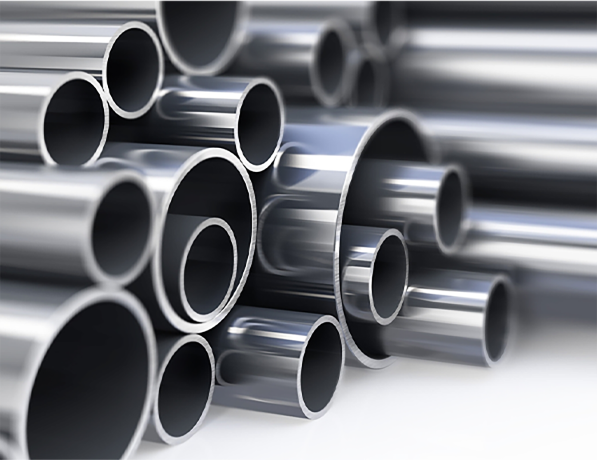
The Role of Plastic Injection Molding in Automotive Parts Manufacturing
In the automotive industry, the demand for lightweight, durable, and cost-effective components is ever-increasing. One of the key technologies that meets these demands is plastic injection molding, a manufacturing process widely utilized for producing a variety of automotive parts. This method offers several advantages, making it a popular choice among manufacturers.
Plastic injection molding involves injecting molten plastic into a precisely designed mold, where it cools and solidifies to form the desired shape. This process is highly efficient and allows for the mass production of complex parts with exceptional accuracy. Automotive manufacturers increasingly favor this technique due to its ability to produce parts that are not only lightweight but also robust and resistant to various environmental factors.
One of the most significant benefits of using plastic injection molding in automotive applications is weight reduction. As car manufacturers strive to meet strict fuel efficiency standards and reduce emissions, the use of lightweight materials becomes essential. Plastic components can provide the necessary structural integrity while contributing to overall weight savings. For instance, components like dashboards, interior panels, and even exterior parts such as bumpers and fenders can be effectively manufactured using this method, reducing the overall weight of the vehicle.

Additionally, plastic injection molded parts exhibit excellent production consistency and quality. The process allows for tight tolerances, ensuring that parts fit together perfectly, which is crucial in the automotive industry. This high level of precision minimizes the need for extensive post-production modifications, ultimately lowering production costs and enhancing overall efficiency.
Moreover, the versatility of plastic injection molding enables manufacturers to experiment with various materials and finishes, allowing for innovative designs and functionalities. For example, automotive parts can be made from specialized plastics that offer enhanced thermal resistance, UV protection, and impact resistance, ensuring that they can withstand the rigors of daily use.
As technology advances, the potential for plastic injection molding in automotive manufacturing continues to grow. Innovations in material science and processing techniques are paving the way for even more efficient and sustainable practices. For example, the development of bio-based plastics and recycling initiatives reinforces the industry's commitment to environmental sustainability.
In conclusion, plastic injection molding is a cornerstone of modern automotive manufacturing. Its ability to produce lightweight, high-quality, and cost-effective components makes it an invaluable asset to manufacturers aiming to meet the evolving demands of the automotive industry. As the race for innovation and sustainability continues, the role of plastic injection molding will undoubtedly expand, driving the future of automotive design and production.